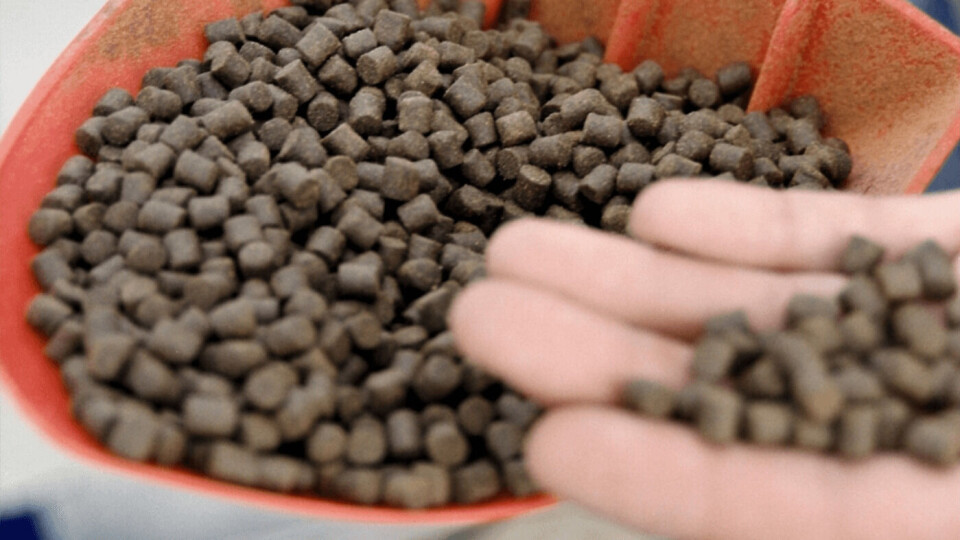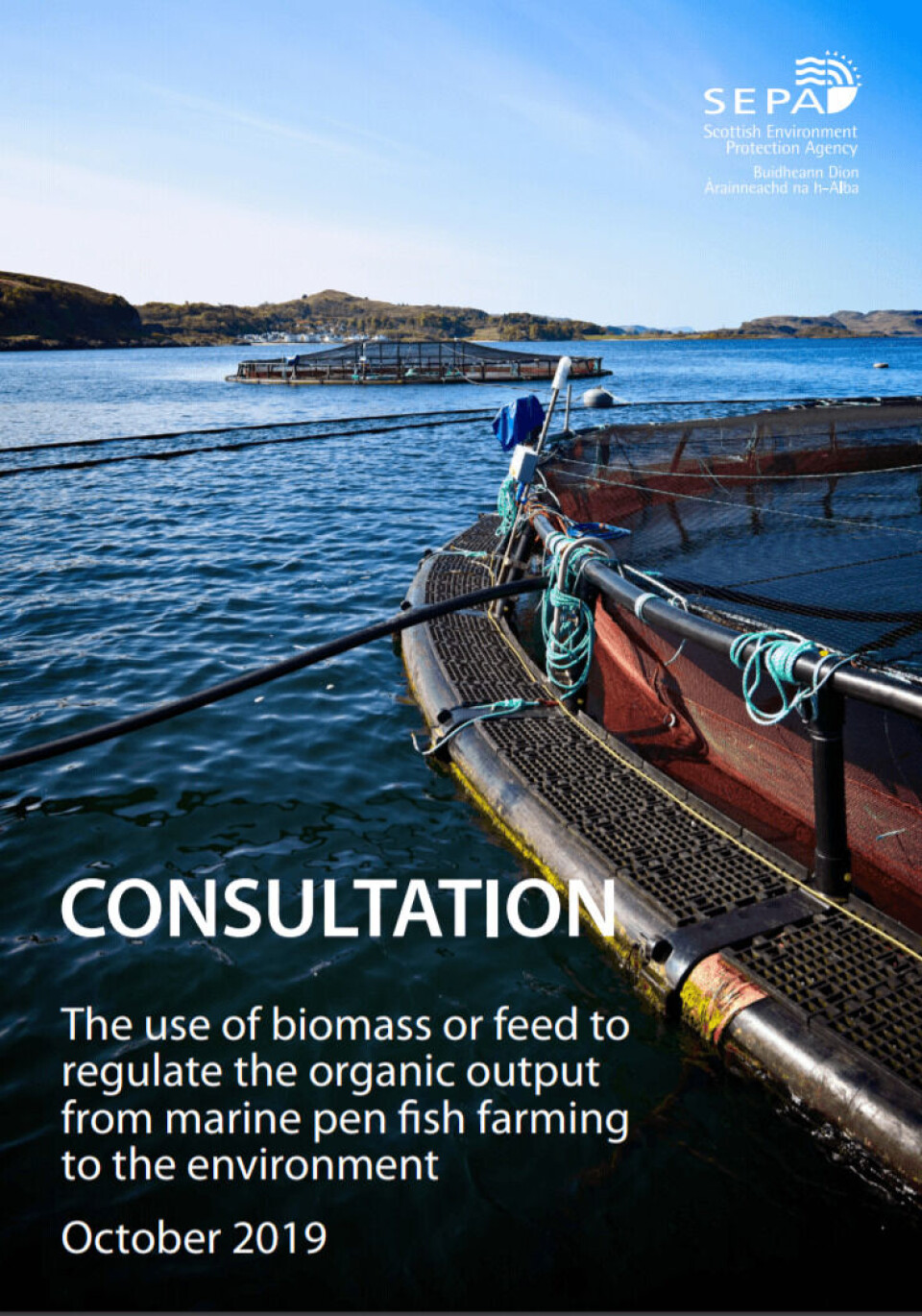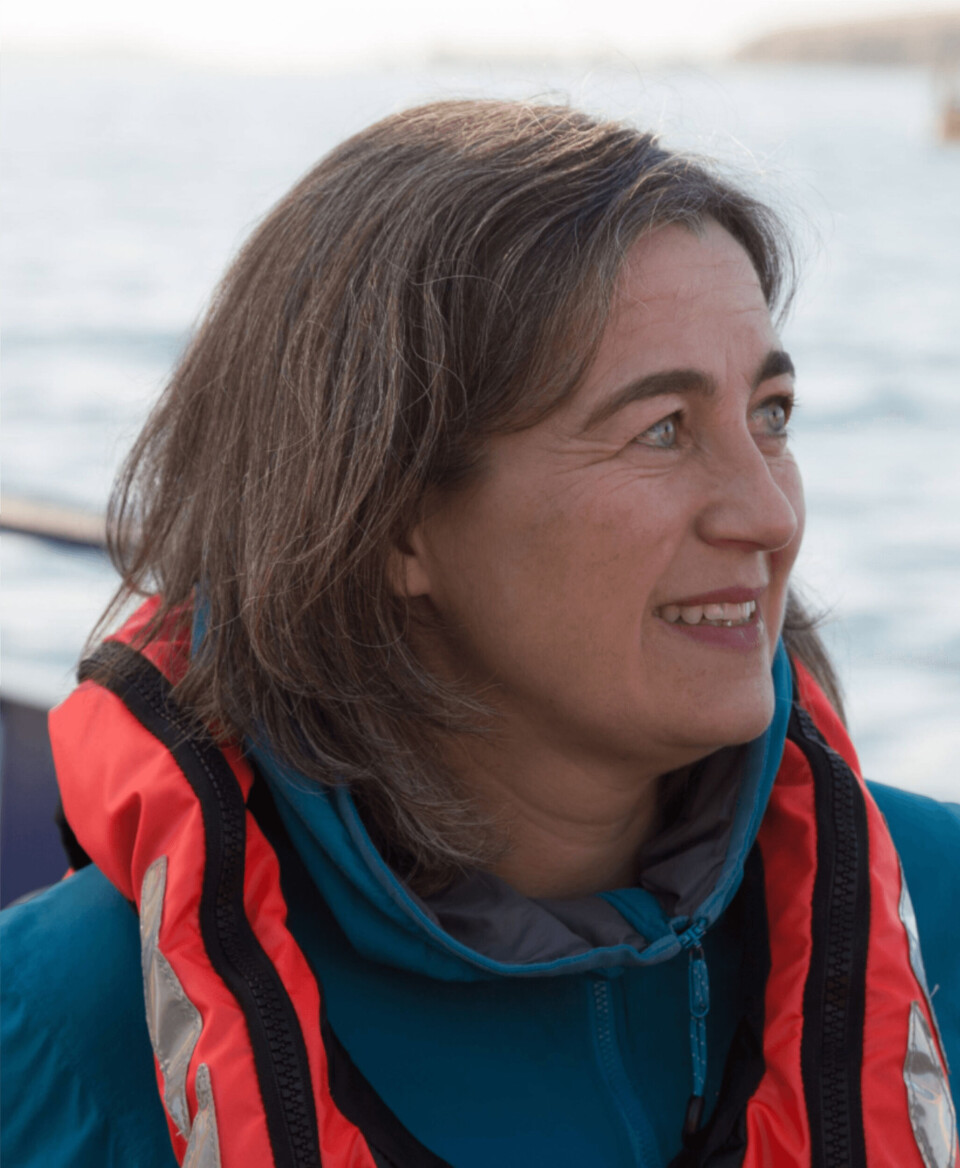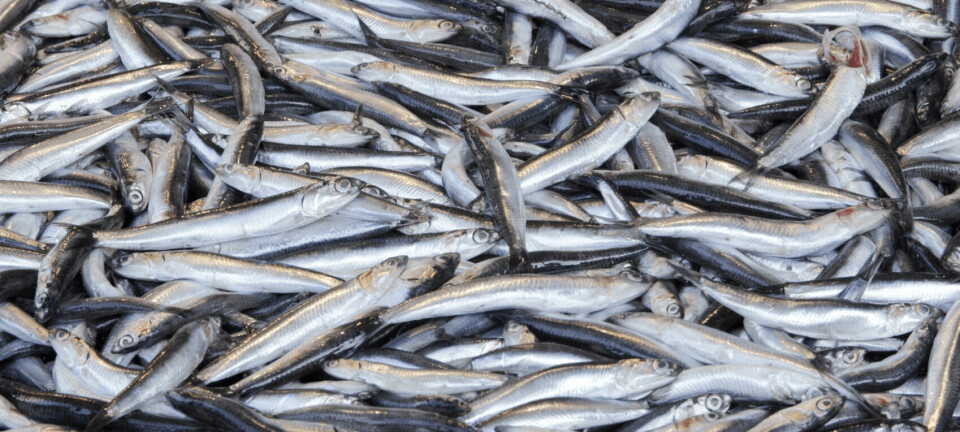
‘Feed cap’ consultation extended by 7 weeks
The consultation period on a plan to put a “feed cap” on Scottish salmon farming has been extended by the Scottish Environment Protection Agency (SEPA) until January 17.
The agency began an eight-week public consultation about the controversial plan on October 3 but has now extended the period by a further seven weeks.
A SEPA spokesperson said: “We’re committed to listening and to getting this right which is why we’re asking for responses to options on approaches from the broadest possible group of stakeholders with interests in our regulation of the sector.

‘Best possible understanding’
“Further to ongoing positive engagement with stakeholders, we’re extended our consultation to allow for the best possible understanding of perspectives being offered.
“We’re meeting all stakeholders during the consultation period and this also allows more time for that to happen.”
SEPA currently regulates the amount of fish faeces released into the environment by putting a limit on the amount of fish that can be grown at a farm site but has proposed using a limit of the amount of feed given to fish instead.
‘Certainty and transparency’
The idea was first mooted as part of proposals for SEPA’s Finfish Aquaculture Sector Plan, which was the subject of an extensive public consultation in the second half of 2018.
Responses to that exercise prompted SEPA to carry out a consultation specifically about the feed cap issue.
SEPA’s head of water and planning, David Harley, said in October: “This further consultation is focused on how we ensure that the organic load does not negatively impact local environments. We want to provide certainty and transparency to site operators, regulators and communities.
“We’re committed to listening and to getting this right which is why we’re asking for responses to options for approaches from the broadest possible group of stakeholders with interests in our regulation of the sector.”

Wrong and misguided
Scotland’s salmon farmers oppose the proposal.
Julie Hesketh-Laird, chief executive of the Scottish Salmon Producers’ Organisation (SSPO), said in October: “SEPA’s decision to consider a feed cap as a way of controlling organic deposits from salmon farms has no environmental basis, is wrong, misguided and could threaten fish health and welfare.”
She added: “Farmers must be able to judge the appropriate amount of feed necessary to rear their stock and keep them healthy.
“This sets a dangerous precedent for a regulator to limit how farmers feed their stock.
‘Arbitrary restrictions’
“They should not face arbitrary restrictions. Feed is central to fish health, welfare and growth. It is also key to achieving first-class quality and nutritional benefits for consumers.
“This consultation is simply lazy regulation. I am dismayed that SEPA is considering a system which has already been tried and rejected elsewhere.”
Norway, the world’s biggest producer of farmed salmon, once used a feed cap to control salmon production but the method was abandoned in favour of biomass limits around 15 years ago.
Anyone wishing to take part in the consultation can do so here.




















































